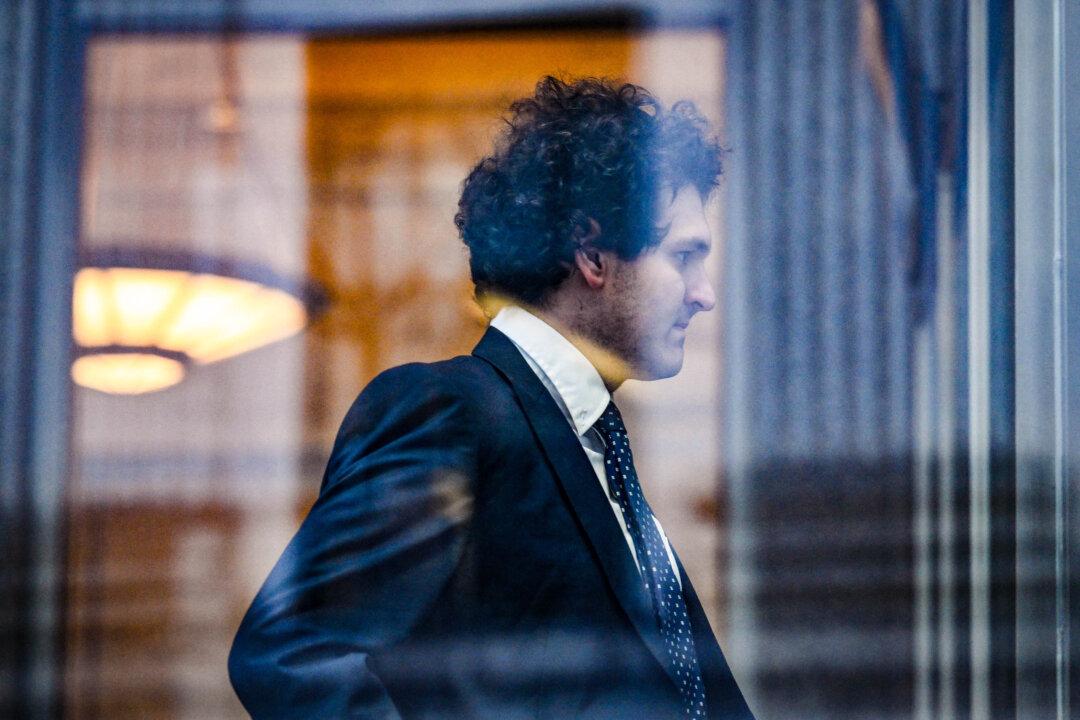The news that Sam Bankman-Fried, founder and former CEO of the now bankrupt cryptocurrency exchange FTX, plans to testify in a Manhattan courtroom after his trial resumes on Thursday has surprised many observers, given the likelihood that government lawyers will seize the opportunity to grill him over his alleged fraud.
But this highly dangerous ploy may be Bankman-Fried’s only hope of countering weeks of damaging testimony and evading a prison sentence of more than 100 years, legal experts told The Epoch Times.





